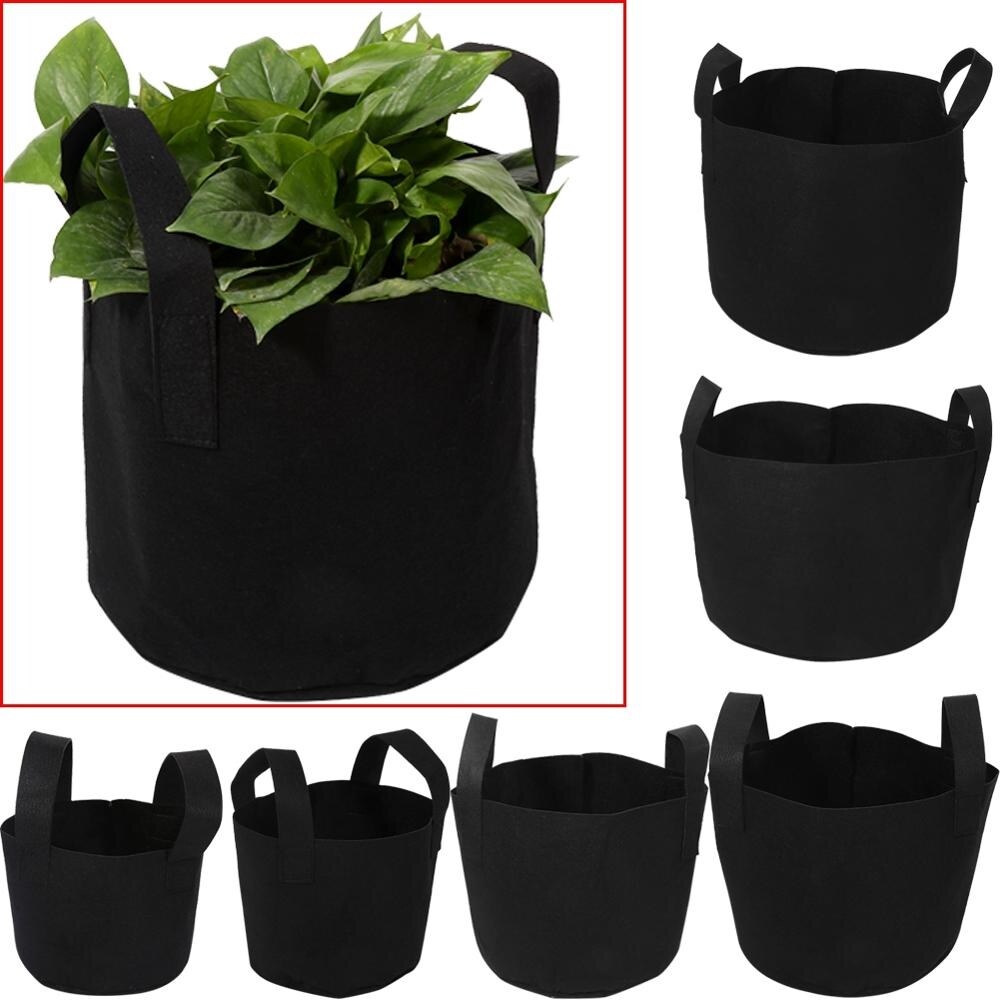As sustainability and branding take center stage in global retail and logistics, the bag plant wholesale industry is experiencing unprecedented growth. From reusable shopping totes to heavy-duty industrial sacks, bag manufacturing plants are scaling operations to meet rising demand from wholesalers worldwide.
Driven by a global shift toward eco-friendly materials and government regulations limiting single-use plastics, bag manufacturers are investing in advanced equipment and sustainable production techniques. Wholesale buyers — including supermarket chains, logistics companies, agricultural exporters, and fashion brands — are increasingly sourcing custom bags in bulk for packaging, promotion, and transport.
Many modern bag plants now specialize in producing a wide range of bags, including:
Woven polypropylene (PP) bags for agricultural products like grains, rice, and fertilizer.
Non-woven and cotton tote bags for retail and promotional use.
Paper bags with rope handles for boutique and food delivery.
Heavy-duty sacks for industrial and construction materials.
A plant manager at one leading facility in Southeast Asia shared: “In the last two years, we’ve doubled our output of reusable fabric bags. Our wholesale clients want not just functionality, but customizable designs and sustainability certifications.”
With rising labor costs and supply chain challenges, many bag plants have adopted automated cutting, printing, and stitching systems to maintain production speed and consistency. Some are also incorporating digital printing and biodegradable polymers to meet eco-labeling and regional compliance standards.
As businesses seek cost-effective, branded, and eco-responsible packaging solutions, bag plant wholesalers are positioning themselves as vital partners in the packaging supply chain — where volume, value, and vision meet.
Post time: Aug-16-2025

